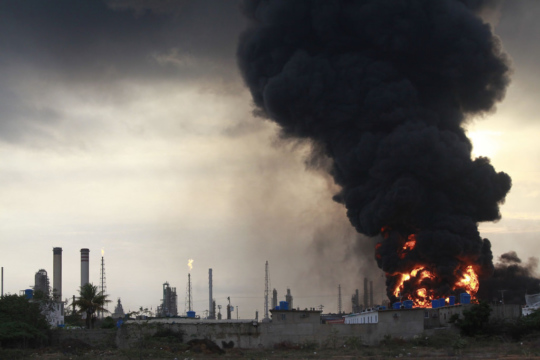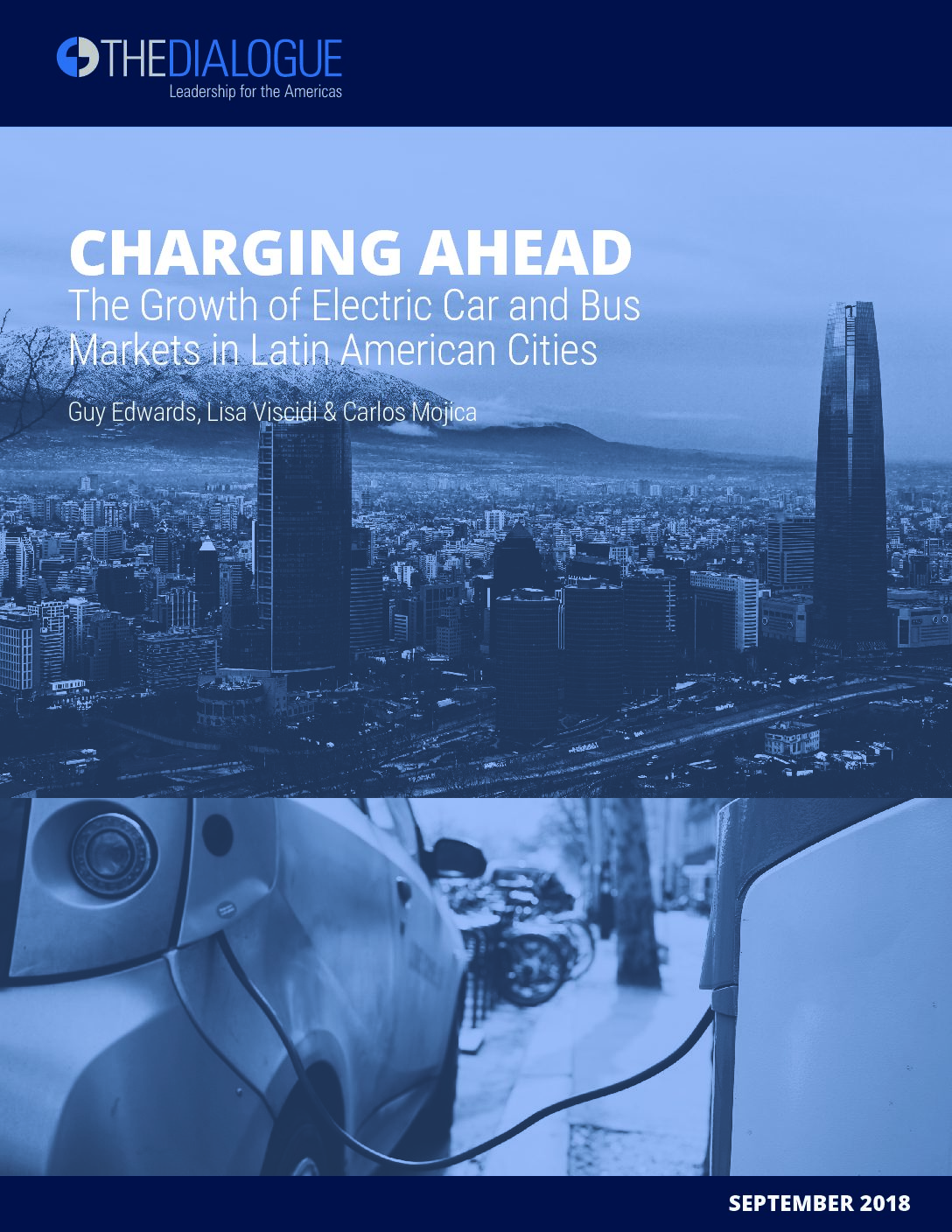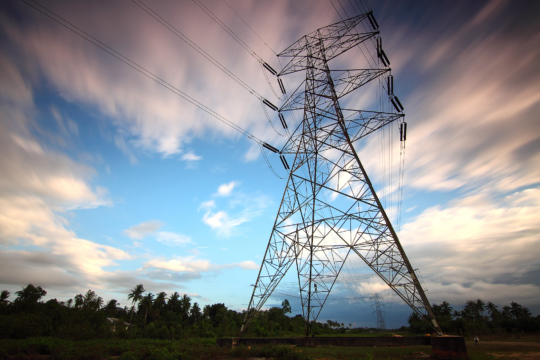
Challenges to electricity access in Colombia
Providing reliable, clean energy to Colombia’s growing population will be a tremendous challenge in the coming years, especially in light of the peace process with the FARC.
Providing reliable, clean energy to Colombia’s growing population will be a tremendous challenge in the coming years, especially in light of the peace process with the FARC.
In spite of a steady economic recovery, low inflation and improving fiscal balances, Latin America is seeing weak private investment in energy and other sectors.
Under President Juan Manuel Santos, the Colombian government has vastly expanded protected areas, creating new national parks and providing land titles to indigenous and Afro-Colombian communities in the Amazon, Chocó and other important forest regions. However, many challenges remain. National parks and indigenous and Afro-Colombian lands continue to be threatened by illegal occupation, coca cultivation and illegal gold mining.
Addressing Latin America’s transportation challenges requires an integrated approach that includes stemming the growth in demand for private vehicles through the improvement of public transportation systems and non-motorized forms of transport; raising the levels of fuel efficiency and fuel quality; and diversifying fuel sources.
The less than 3 percent of Colombia’s population that lacks electricity lives mainly in areas of the country that have long been controlled by the FARC and other armed groups, such as Chocó in the Pacific, La Guajira on the Caribbean coast, and Putumayo in the Amazon. Not coincidentally, Colombians without access to electricity also have higher rates of poverty, fewer basic public services, and lower education levels than the rest of the country.
If the region increases renewables to 80% of the electricity matrix and expands integration, countries can save billions of dollars in investments, avoid blackouts and reduce their greenhouse gas emissions, argue Lisa Viscidi and Ariel Yépez.
IFLR speaks with Lisa Viscidi, director of the Energy, Climate Change and Extractive Industries program at the Inter-American Dialogue. Viscidi analyses recent developments in Latin America’s energy markets, particularly in relation to broadsweep energy market reforms in Brazil and Mexico.
The next few years will see a major shift in the hemispheric natural gas trade, as increased US LNG exports increasingly displace volumes from other exporters.
Improving grid management, expanding fiscal incentives for renewable technologies, and improving the land consultation process will open the door to the large Mexican renewable energy market.
In a conversation with CSIS, Lisa Viscidi explains the potential implications of this year’s elections in Latin America’s top oil producing countries. Political changes in Brazil, Colombia, Mexico, and Venezuela will affect oil output, with effects felt both domestically and in the United States.
President-elect Andrés Manuel López Obrador can capitalize on Mexico’s enormous renewable energy potential and make Mexico a leader in the fight against climate change. Although his platform offers some promising proposals, he will have to maneuver through several major obstacles.
El 7 de agosto Iván Duque asumió la presidencia de Colombia. Se enfrentará a muchos desafíos, entre ellos el narcotráfico, las tensiones con Venezuela, el proceso de paz con las FARC y un conflicto en marcha contra el ELN. ¿Cómo colaborarán Colombia y los EEUU frente a estos temas durante la presidencia de Duque?
Could Venezuela’s oil production decline even more steeply? Three evolving developments will largely determine the answer: whether creditors can seize assets in compensation for default, whether large numbers of oil workers continue to abandon their jobs, and whether the United States and other countries impose additional sanctions.
Although electric mobility is at an early stage in Latin America, several cities have made significant advances. This new report addresses a number of critical questions about electric transportation in Latin America, drawing on case studies of six urban electric car and bus markets that have seen among the fastest growth in the region.
Until this year, resource nationalism—when a government asserts its control over a country’s natural resources—seemed to be on the wane in Latin America. But its potential return could set back Latin America’s two largest economies.
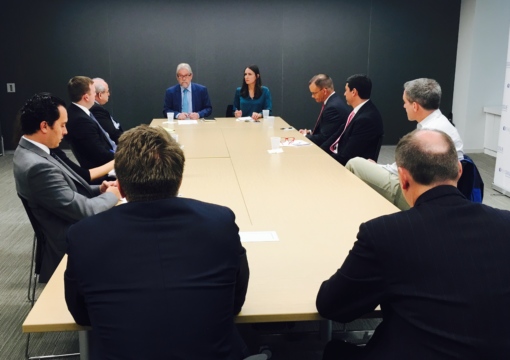
 Video
Video
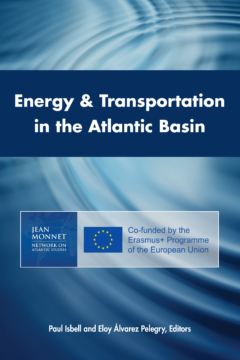
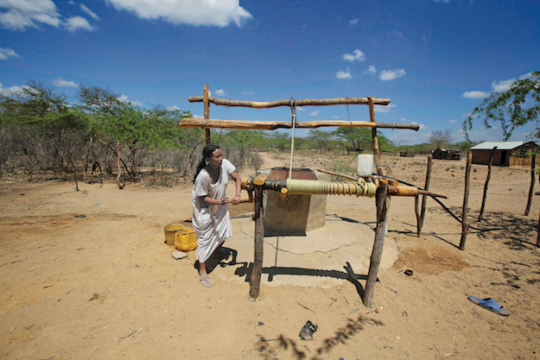
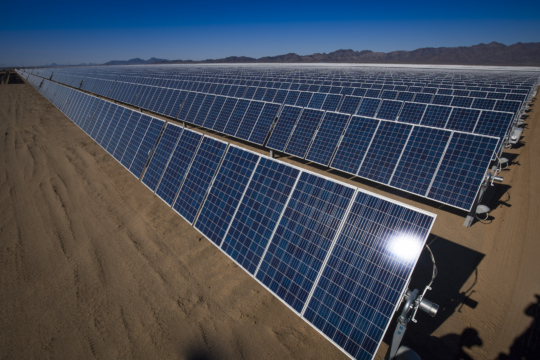
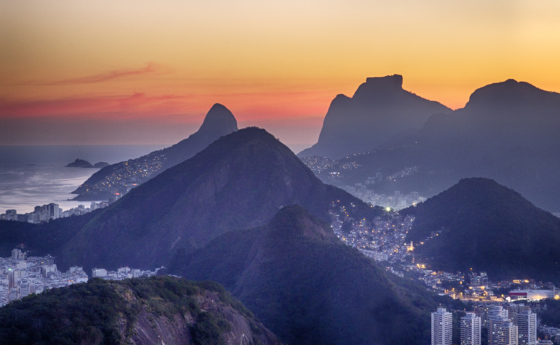
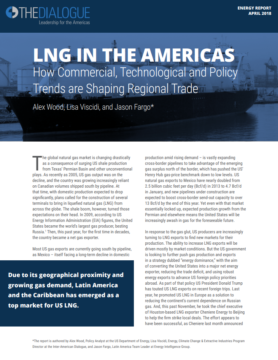
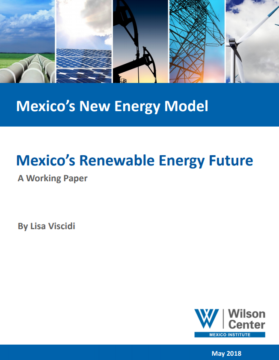
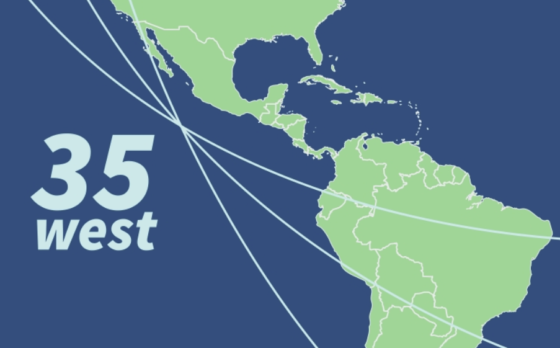 Video
Video

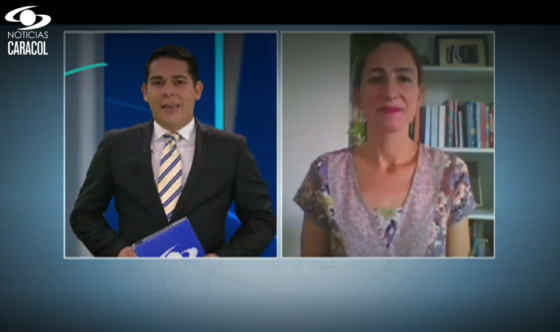 Video
Video
